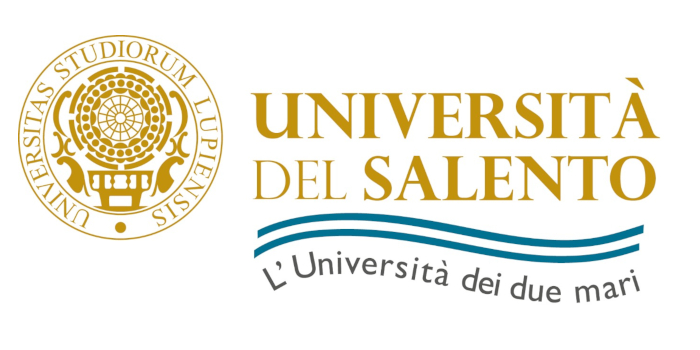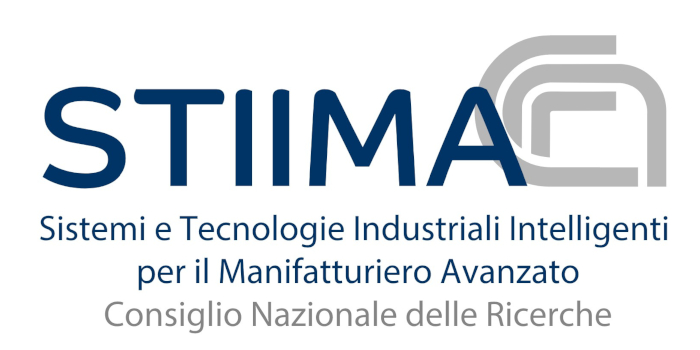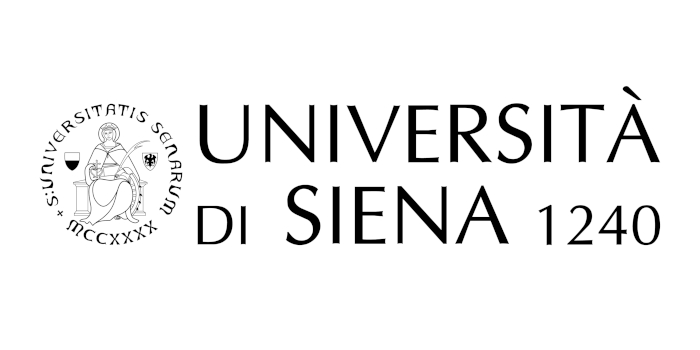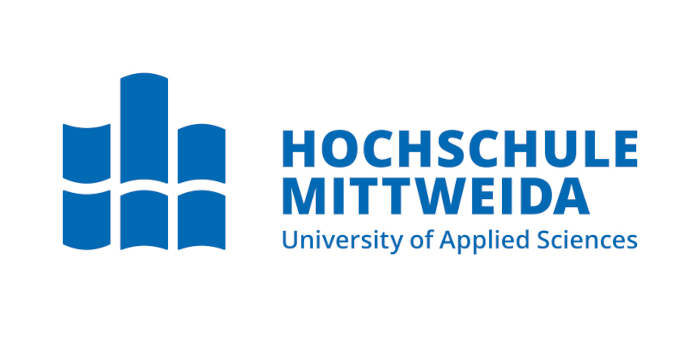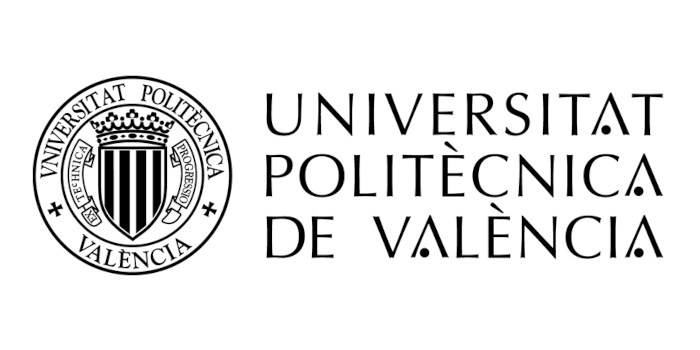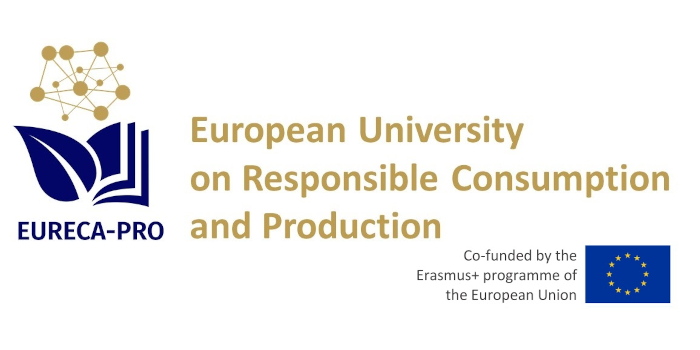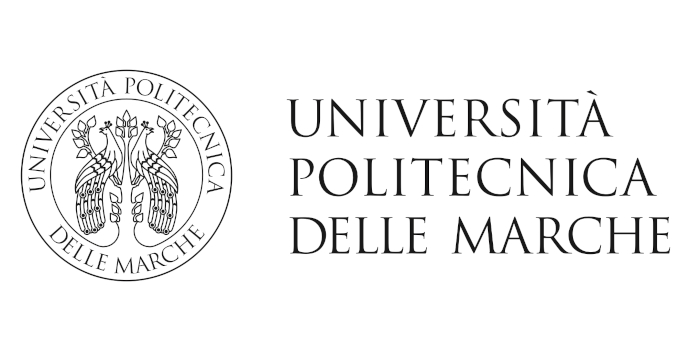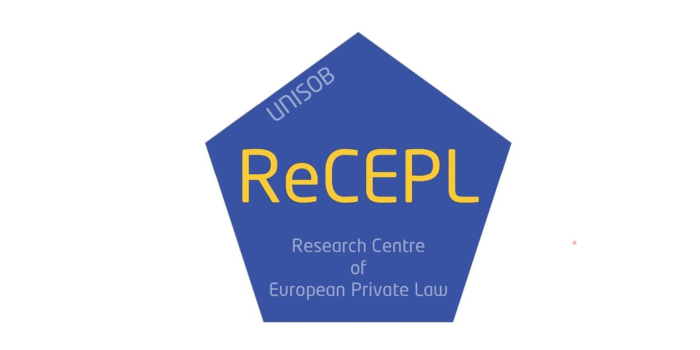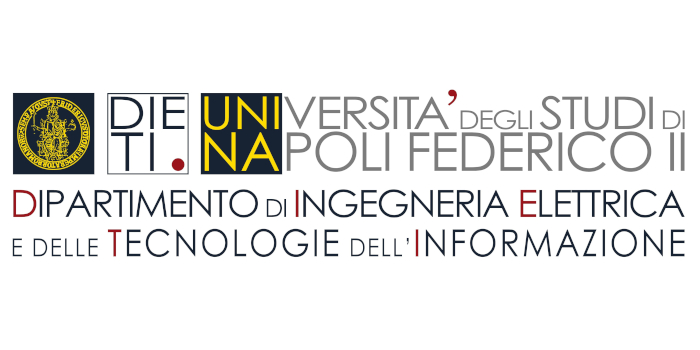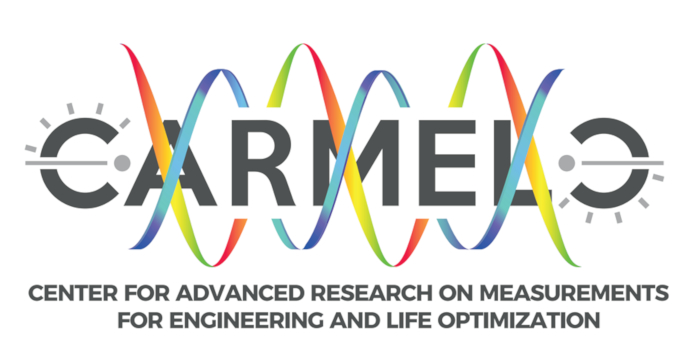SPECIAL SESSION #36
Large Language Models (LLMs) Revolutionizing Perception, Cognition and Behavior of Artificial and Human Agents
ORGANIZED BY
Lorenzo Cominelli
Dipartimento di Ingegneria dell’Informazione, University of Pisa, Italy
Sergio Frumento
Department of Surgical, Medical and Molecular Pathology and Critical Care Medicine, University of Pisa, Italy
Federico Galatolo
Dipartimento di Ingegneria dell’Informazione, University of Pisa, Italy
Mario Giovanni Cosimo Andrea Cimino
Dipartimento di Ingegneria dell’Informazione, University of Pisa, Italy
ABSTRACT
This special session is dedicated to the significant advancements that cutting-edge Large Language Models (LLMs) can generate in the autonomy, cognition, personality, consciousness, imagination, and behavior of agents. Interesting examples could be LLMs applications to create advanced cognitive assistants, emotionally intelligent robots, and adaptive educational tools, enhancing human-computer interactions and personalizing user experiences. Implementation of sophisticated natural language interfaces, behavioral modeling for artificial agents, and creative collaborations between humans and AI in content creation. Advancements in augmenting social robotics, enriching augmented reality interactions, providing personalized mental health support, and improving human-agent negotiation processes, thereby revolutionizing the perception, cognition, and behavior of both artificial and human agents. We look forward to receiving works from esteemed researchers aiming to unravel the complex layers of the human mind and humanize non-human entities like robots and artificial agents.
TOPICS
The list of topics of interest includes (but is not limited to):
- Large Language Models (LLMs);
- LLMs Application;
- Integrating LLMs in Artificial Cognitive Systems;
- LLMs empowered Human-Machine Interaction;
- Natural Human-AI interaction;
- Explainable AI;
- Human-in-the-loop (HITL);
- Social Agents;
- Social Robotics;
- Autonomy in Artificial Agents;
- Artificial Consciousness.
ABOUT THE ORGANIZERS
Lorenzo Cominelli, holds a Master's Degree in Biomedical Engineering (2014) and a Ph.D. in Automation, Robotics, and Biomedical Engineering (2018) from the University of Pisa. Currently, he works as a Technologist at the Information Engineering Dept. (DII) in collaboration with the “E. Piaggio” Research Center. His research focuses on AI and Cognitive Systems for Social Robotics, with a particular interest in emotions and their influence on robots' decision-making. Since 2021, he has been developing Abel, a hyper-realistic humanoid robot with expressive emotional capabilities.
Sergio Frumento, is carrying on the research line pursued during a PhD in Psychophysiology at the University of Pisa. His research interests concern psychophysiological correlates of consciousness, phobias and emotions. In detail, most of his current efforts concerne the use of subliminal stimuli to 1) investigate consciousness, 2) to increase acceptability and effectiveness of exposure therapies (for specific phobia, PTSD, panic disorder, etc), and 3) replicate (un)consciousness in AI models to study awareness thresholds and deepen a hardly-accessible subjective dimension.
Federico A. Galatolo, PhD in Information Engineering, is an Assistant Professor at the Department of Information Engineering of the University of Pisa. His research has been cited by hundreds of peers and focuses on Artificial Intelligence, Bio-Inspired Architectures, Deep Learning, and Reinforcement Learning. He is an expert on modern neural architectures, convolutional neural networks, temporal neural networks, generative architectures, and semi-supervised architectures. He is co-founder of the "Machine Learning and Process Intelligence" research initiative. He is also an outspoken supporter of the Free Software movement and actively contributes to the development of different free software projects.
Mario G.C.A. Cimino, is an Associate Professor at the Department of Information Engineering of the University of Pisa (Italy). His research lies in the areas of Information Systems and Artificial intelligence. He is (co-)author of more than 100 international scientific publications. He is an Associate Editor of the Journal of Granular Computing (Springer) and the Journal of Ambient Intelligence and Humanized Computing (Springer). He is Vice-Chair of the IEEE CIS Task Force "Intelligent Agents", IEEE Computational Intelligence Society. He was co-chair of the 2021 and 2022 IEEE Symposium on Intelligent Agents (IEEE SSCI).










